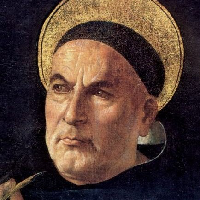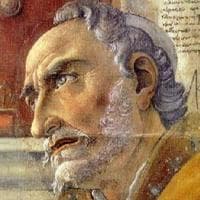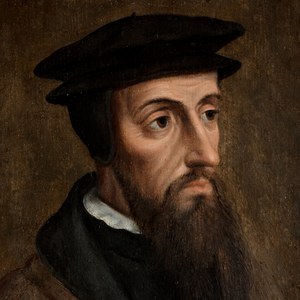Meister Eckhart MBTI 성격 유형
인격
"Meister Eckhart은 어떤 성격 유형입니까? Meister Eckhart은 mbti의 INFJ 성격 유형입니다. enneagram의 5w4 - sx/sp - 541, big 5의 RCOAI, socionics의 IEI입니다."
There is a permanent flaw with Ni dominant types, INFJ in this case, of shifting through dualities, permanently trying to unify apparently conflicting notions, or stumbling in controversial positions in the quest to attain "the truth" about reality - exploration of their visions. Also to not be accepted into any subculture easily, or fit any societal archetypes, be it religious or of any other type, which Ne users that are attuned to "collective conscious" always conglomerate towards or value others by. Meister Eckhart was neither a Christian in the classical sense or understanding, and his charges of heresy and obligation to appear before the diocesan inquisitorial commission are a proof of it; neither was he a pure intellectual, in how our society understood it generally, and neither was he a mystic or a guru figure, as some people have characterized him more recently. "Similar to other thirteenth-century Dominicans of the Cologne School like Albert the Great (d. 1280), Thomas Aquinas (d. 1274), and Dietrich of Freiburg (d. 1310)—all of whom exercised a significant influence on the young Dominican—Eckhart’s thought represents a kind of synthesis between, on the one hand, a deeply Augustinian and Dionysian Christian Neoplatonism (one strongly influenced by Proclus and the Liber de causis) and, on the other hand, the late medieval scholastic Aristotelianism of the universities. Eckhart’s own analysis of Aristotle was not seldomly filtered through the Jewish and Islamic sources available to him in Latin—most especially in the works of Maimonides, Avicenna, Averroes, and Avicebron (Palazzo 2013; Schwartz 2002). Indeed, in Eckhart’s Latin works only Aristotle is cited more frequently than Maimonides, leading Bernard McGinn to claim that “no Christian author of the Middle Ages […] knew Maimonides better or reflected greater sympathy for his view” (McGinn 1986: 17). In a similar vein, Kurt Flasch (2006 [2015]) characterizes Eckhart as having inherited the “spirit of Arabic philosophy”." Meister Ekhart on God: "it is not my present opinion that God understands because he exists, but rather that he exists because he understands. God is an intellect and understanding [intellectus et intelligere], and his understanding itself is the ground of his existence." (Qu. Par. 1 n.4; LW V:40; PQP 45) Generally, his ideas of God, are very similar to "Wahdat ul-Wujud" ("Unity of Being"), and monist philosophies more broadly. And I have a "hunch" here that most of those that adopted or developed such philosophies, through the unifying tendency, are strong Ni users. Carl Jung has also adopted Eckhart's philosophies and considered him a kindred spirit. "As supported by the many references to Eckhart throughout his writings, Jung considered Meister Eckhart to be a kindred spirit. Jung even states that Eckhart was the first person to ever view God psychologically and observe that humanity affects God just as God affects humanity. Eckhart's theology and mysticism revolve around a few key concepts, including the notion of a “mysticism of the ground,” and stated that when God is fully in a person, he or she shares the same ground. Such a description also serves us in analytical psychology, for it is when the ego discovers the Self that we become “grounded” in something much larger than ourselves, and life takes on new meaning and authenticity." https://doi.org/10.1080/00332925.2016.1202697
전기
Eckhart von Hochheim, commonly known as Meister Eckhart or Eckehart, was a German theologian, philosopher and mystic, born near Gotha in the Landgraviate of Thuringia in the Holy Roman Empire.















